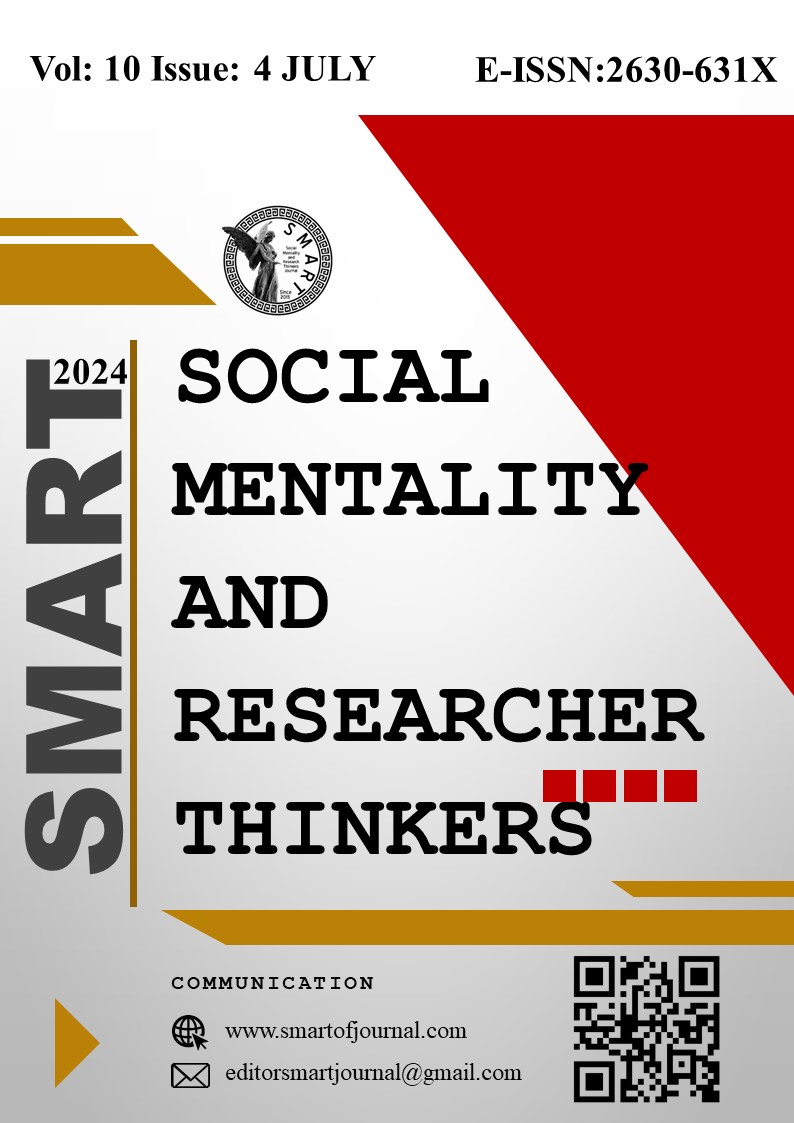Author :
Abstract
Fordist dönemden postfordist döneme geçilmesiyle birlikte üretim tüm toplumsal alana yayılmış ve gayri maddi metalar egemen hale gelmiştir. 1968 yılında başlayan toplumsal hareketler fordist dönemin yol açtığı bir bunalımın sonucu ortaya çıkmış ve sermayenin üretimde postfordist bir dönüşüme gitmesine neden olmuştur. Hardt ve Negri gibi otonomist yaklaşımın temsilcileri de biyopolitika kavramını çokluk yaklaşımlarının merkezine oturtarak, bir özgürleşim çerçevesi çizmektedirler. Müzik duygulanımsal emek olarak kitleleri harekete geçiren ve bir araya getiren bir güç olarak 68’li yılların politik ruhunun yayılmasında rol oynamıştır. Müziğin zaman ve mekândan bağımsız olarak yayılma imkânın yeni iletişim teknolojileri ile birlikte ortaya çıkmasıyla birlikte farklı müzik tarzları birbirine eklemlenerek çokluğa katkı sunduğu düşünülmektedir. 70’li yıllarda radyonun egemen bir iletişim teknolojisi olarak kullanıldığı çağda bile kitleleri dönemin konjonktürel ruhuna uygun bir şekilde bir araya getirebilmiş, engelleri kaldırmış ve bireylerin politik duruşunun sesi olarak iktidara meydan okumuştur. Müzik bünyesinde barındırdığı aura ile tekillikleri bir araya getirme ve sınırları ortadan kaldırma gücüne sahiptir. Günümüzde ise bu güç maksimum seviyeye çıkmıştır. Bu bağlamda bu çalışmada müzik olgusu çokluk ve biyopolitika kavramları ile birlikte müzikteki çokluk olanakları tartışılmaktadır. Çalışmamızın ana problemini oluşturan “müzikteki çokluk imkânları” sorunsalı, Avrupa’da ortaya çıkan müzik türleri ile bu türlerin Türkiye’ye yansıması ve Şilili bir feminist grup olan “Las Tesis”in protesto şarkısının tüm dünyada kısa zamanda politik bir direniş akımına dönüşmesi örnekleri üzerinden tartışılmıştır.
Keywords
Abstract
With the transition from the Fordist era to the post fordist era, production spread across the entire social sphere and intangible commodities became dominant. The social movements that started in 1968 emerged as a result of a crisis caused by the fordist period and led to a postfordist transformation of capital in production. Hardt and Negri, representatives of the autonomist approach draw a framework of liberation by placing the concept of biopolitics at the center of multitude approaches. Music as a force that mobilizes and unites the masses as affective labor has played a role in spreading the political spirit of the 68s. It is thought that, with the emergence of new communication technologies and the possibility of music to spread independently of time and place, different musical styles are added to each other and contribute to diversity. Even in the 1970s, when radio was used as a dominant communication technology, it was able to bring together the masses in accordance with the conjunctural spirit of the period, remove obstacles and challenge the government as the voice of individuals' political stance. Music has the power to bring singularities together and eliminate boundaries with the aura it contains. In this context, in this study, the concepts of multitude and biopolitics of music and the possibilities of multitude in music are discussed. ”The possibilities of multiplicity in music”, which is he main problem of our study discussed on examples such as the types of music, emerged in Europe and its reflection in Turkey and a protest song by the Chilean feminist group, “Las Tesis”, which has quickly turned into a political resistance movement around the world.





